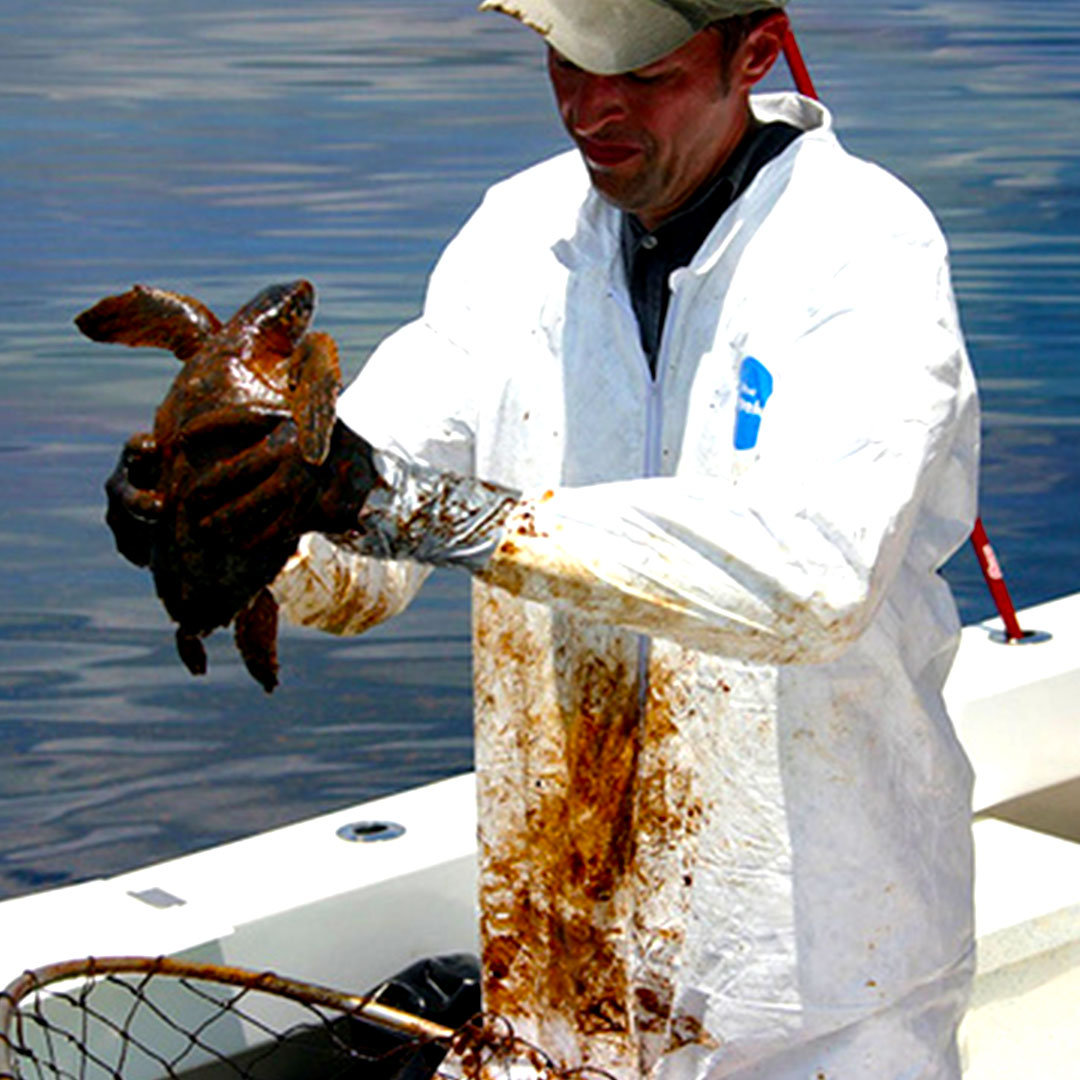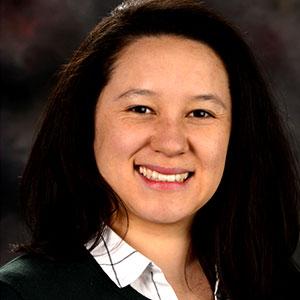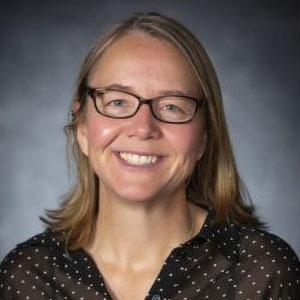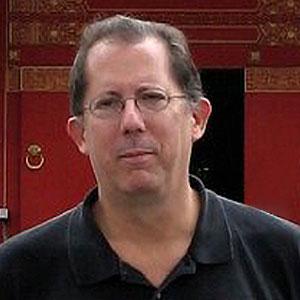Large-scale Oil Spill: Occupational Exposures and Respiratory Health

Photo credit: NOAA
WHEN
Thursday, May 5, 2022
11:00 a.m. - 12:00 p.m. (Pacific Time)
LOCATION
Online
Zoom
PRICE
Free
Check out this video to watch the Large-scale Oil Spill: Occupational Exposures and Respiratory Health.
A Speaker Series:
Toxicology and Societies
The Impacts of Chemicals in Our Lives
Brought to you by:
WWU Institute of Environmental Toxicology and Chemistry
WWU Alumni Association
Please join us for the next speaker in our series on Toxicology and Societies: The Impacts of Chemicals in our Lives.
The 2010 Deepwater Horizon disaster was the largest maritime oil spill in U.S. History. Tens of thousands of oil spill response and cleanup workers were involved in mitigation efforts following the spill and were exposed to hazardous inhalants including components of crude oil as well as combustion by-products such as PM2.5 from burning crude oil/gas. The primary objective of this work is to describe the relationship between oil spill chemical exposures and respiratory health endpoints up to 3 years after the spill. The GuLF Study is a large prospective cohort of oil spill cleanup workers and nonworkers (N=32,608) enrolled following the 2010 Deepwater Horizon disaster in the Gulf of Mexico. Upon study entry, all participants completed a questionnaire on work histories, health, demographics, and lifestyle. A subgroup of English- and Spanish- speaking participants living in one of five Gulf States completed a home visit exam (N=11,193) which included an additional questionnaire and the collection of anthropometric measures including pulmonary function.
In this talk, Dr. Lawrence will discuss the assessment of the associations between airborne oil spill exposures with pulmonary function measures and questionnaire-based asthma incidence. Oil spill chemical exposure metrics were derived by industrial hygienists linking information from detailed work histories and air monitoring data from passive samplers via a job exposure matrix. Oil spill exposure metrics analyzed include hierarchical job classes ranked by total hydrocarbon exposures, ordinal total hydrocarbon categories, and cumulative quantitative exposure metrics of total hydrocarbons and individual BTEX-h chemicals. Dr. Lawrence will also discuss more recent work incorporating improved estimates of PM2.5, and the use of mixture models to account for correlated exposures among BTEX-h chemicals.
This seminar series aims to help you better appreciate, understand, and evaluate the many ways that manufactured chemicals (more than 300,000) interact with all humans on Earth.
More information about the speaker series is available here. All past Toxicology and Societies recordings are available here.

Dr. Kaitlyn Lawrence
Speaker
Dr. Kaitlyn Lawrence received her PhD in environmental health sciences from Tulane University School of Public Health and Tropical Medicine in 2018 and trained at NIEHS as a pre- and post-doctoral Intramural Research Training Award Fellow between 2018-2022. Dr. Lawrence’s current research is aimed at assessing the interplay among climate, environmental contaminants, social factors, and genomics and how they relate to respiratory and other chronic disease endpoints. Her work has received numerous awards, including an NIH Fellow Award for Research Excellence and the Matilda White Riley Early-Stage Investigator Award. Dr. Lawrence is currently the Staff Scientist for the Gulf Long-Term Follow-up Study in the Epidemiology Branch at the National Institute of Environmental Health Sciences.

Ruth Sofield
Co-Host
Ruth Sofield is a Professor of environmental toxicology and chemistry in the College of the Environment. She received her PhD and MS in Environmental Science and Engineering at the Colorado School of Mines. Ruth’s research group focuses on the effects of water and air pollution. Their current projects include the aquatic toxicity of microplastic and tire wear particles, and the use of moss as a biomonitoring tool for particulate matter. Ruth is a member of the Puget Sound Partnership Science Panel and the President of the Pacific Northwest Society of Environmental Toxicology and Chemistry.

Tracy Collier
Co-host
Tracy Collier received his PhD in Fisheries Sciences from the University of Washington. He has worked for over 45 years as a toxicologist, with more than 35 of those years spent at NOAA’s Northwest Fisheries Science Center, where he served as the director of a science division that employed up to 100 people, covering several disciplines, including environmental toxicology, analytical chemistry, harmful algal blooms, and watershed processes. He has over 175 scientific publications, and currently is an affiliate faculty at Western.
Upcoming Speakers
Endocrine Disrupting Chemicals and Women's Reproductive Health: Applying an Environmental Justice Framework to Epidemiologic Studies
Speaker: Tamarra James-Todd, Harvard T.H. Chan School of Public Health
Date: Thursday, June 2, 2022 from 11:00 a.m. - 12:00 p.m. (PT)
Questions and Accommodations
Contact the WWU Alumni Association for this event. Feel free to call at (360) 650-3353 or email at alumni@wwu.edu if you have any questions or comments.
There will be auto-captions available for this event.